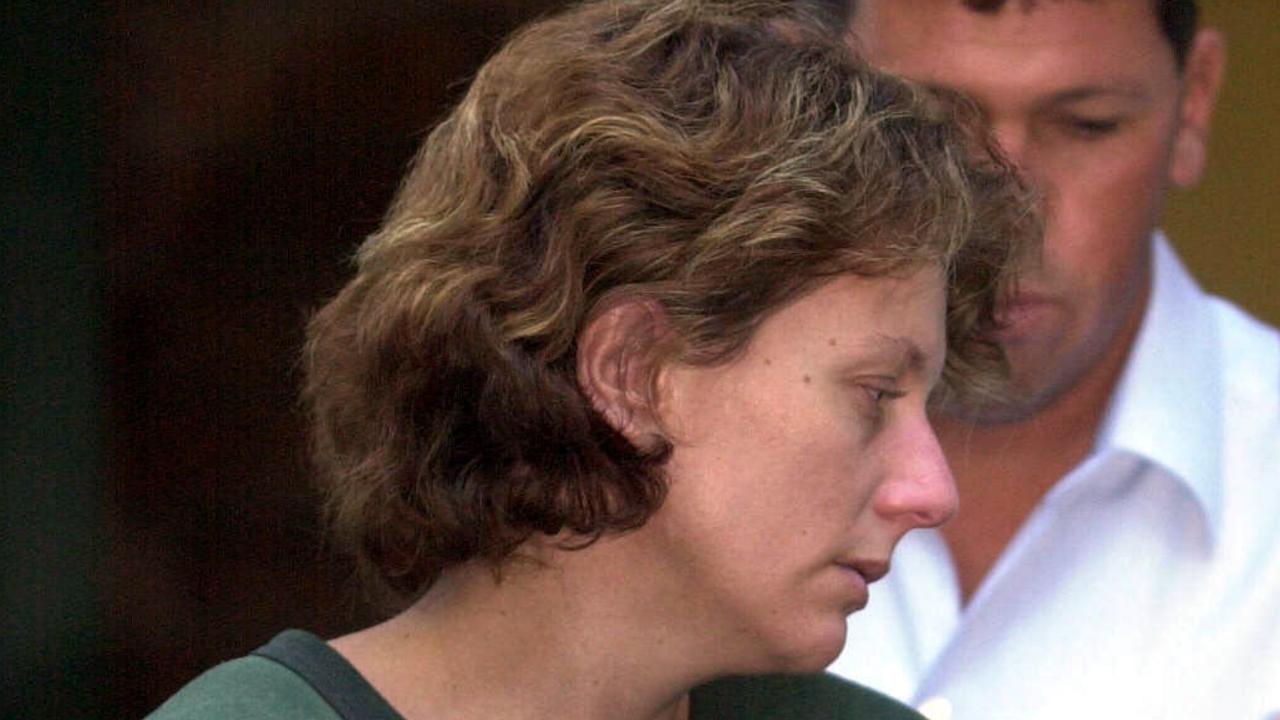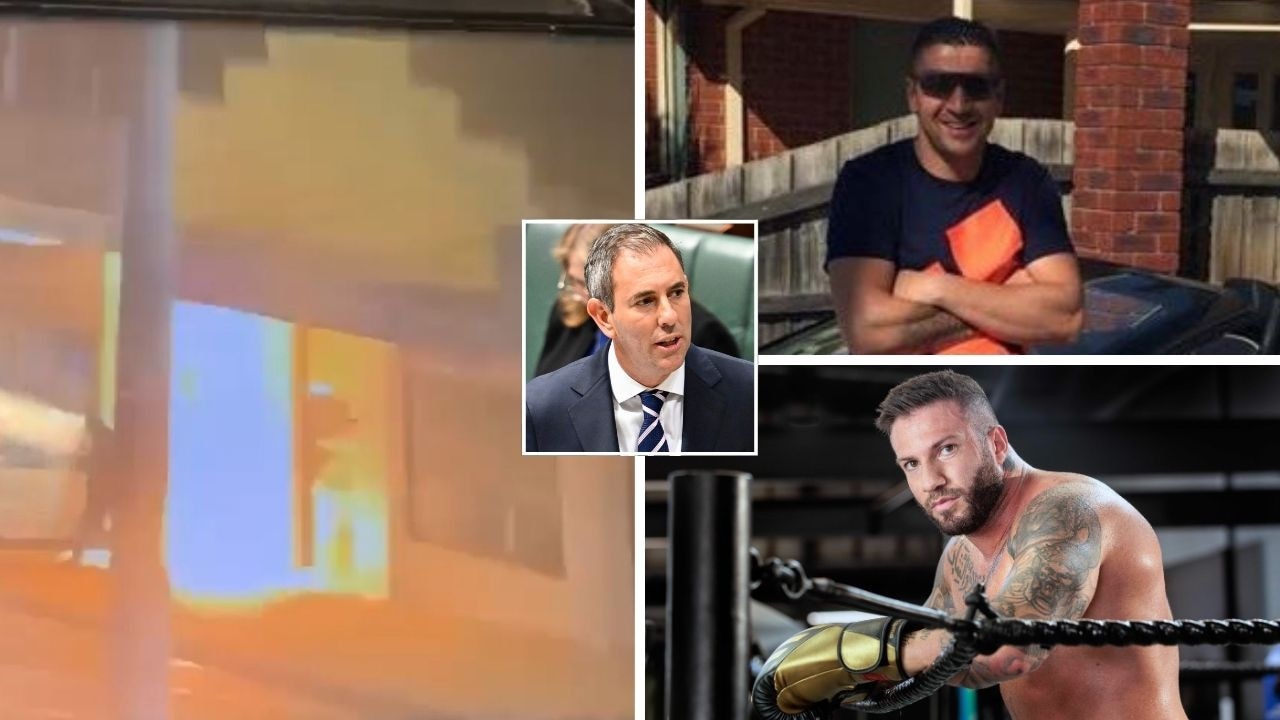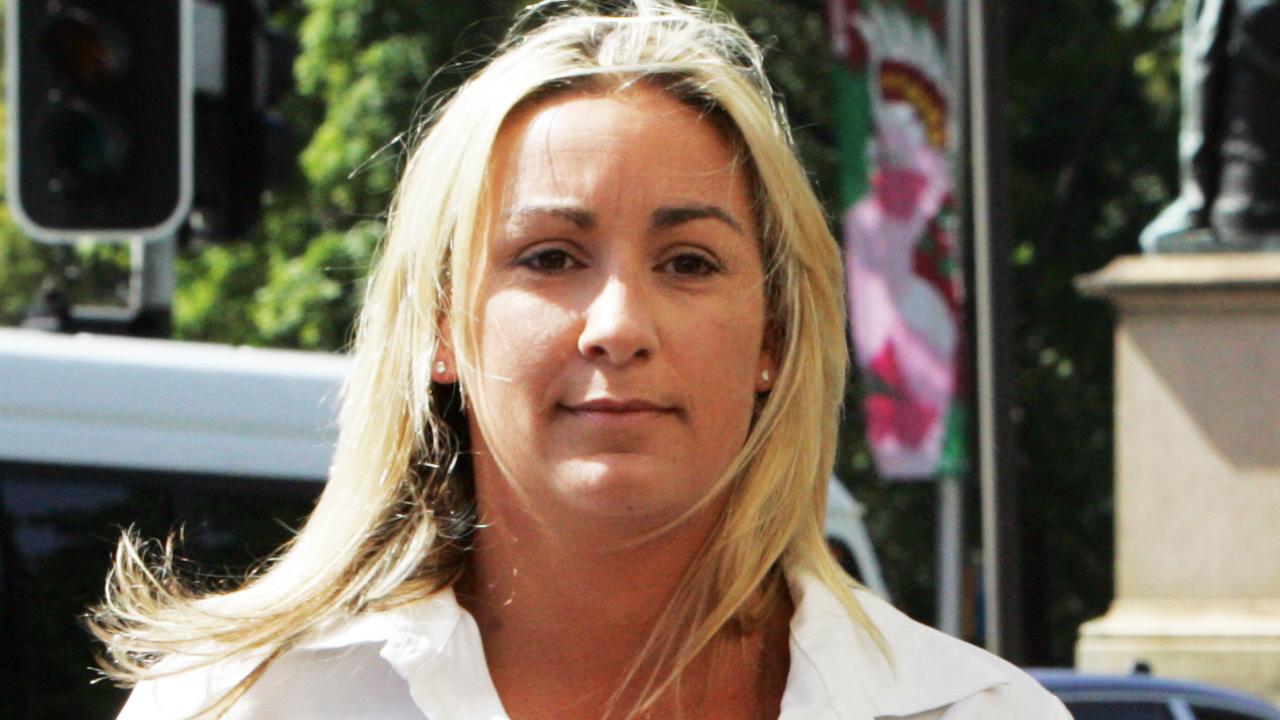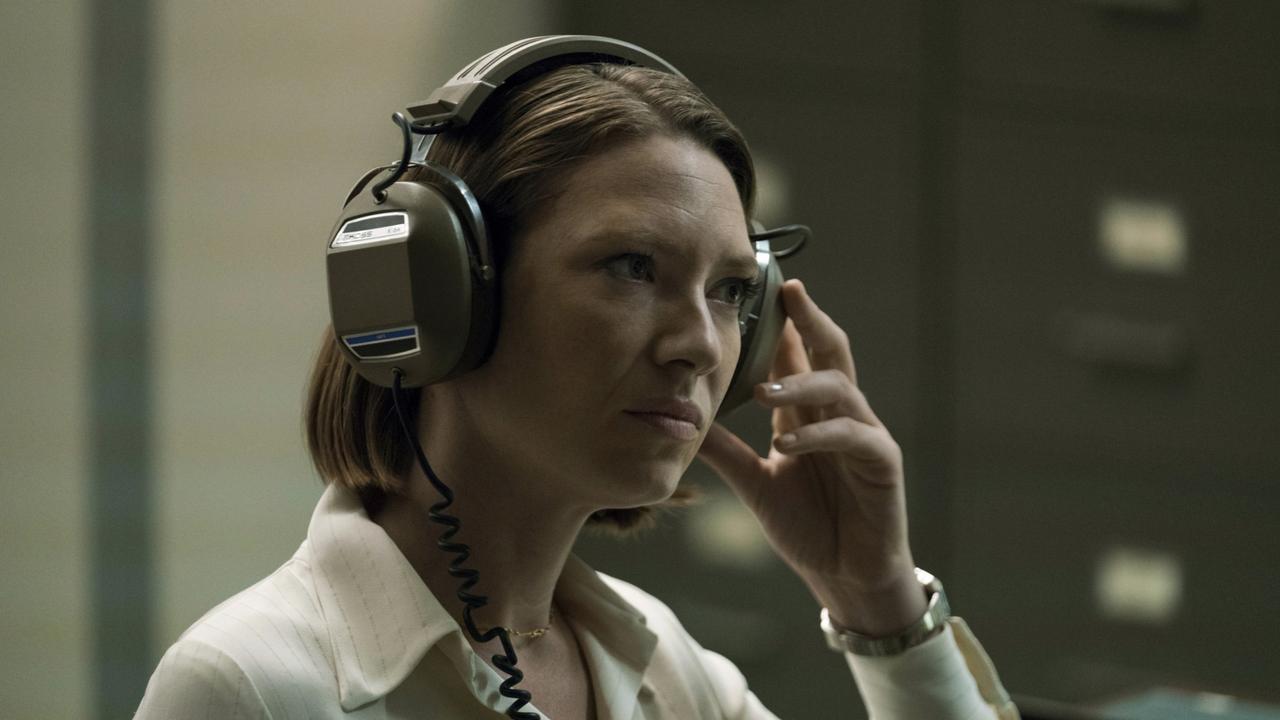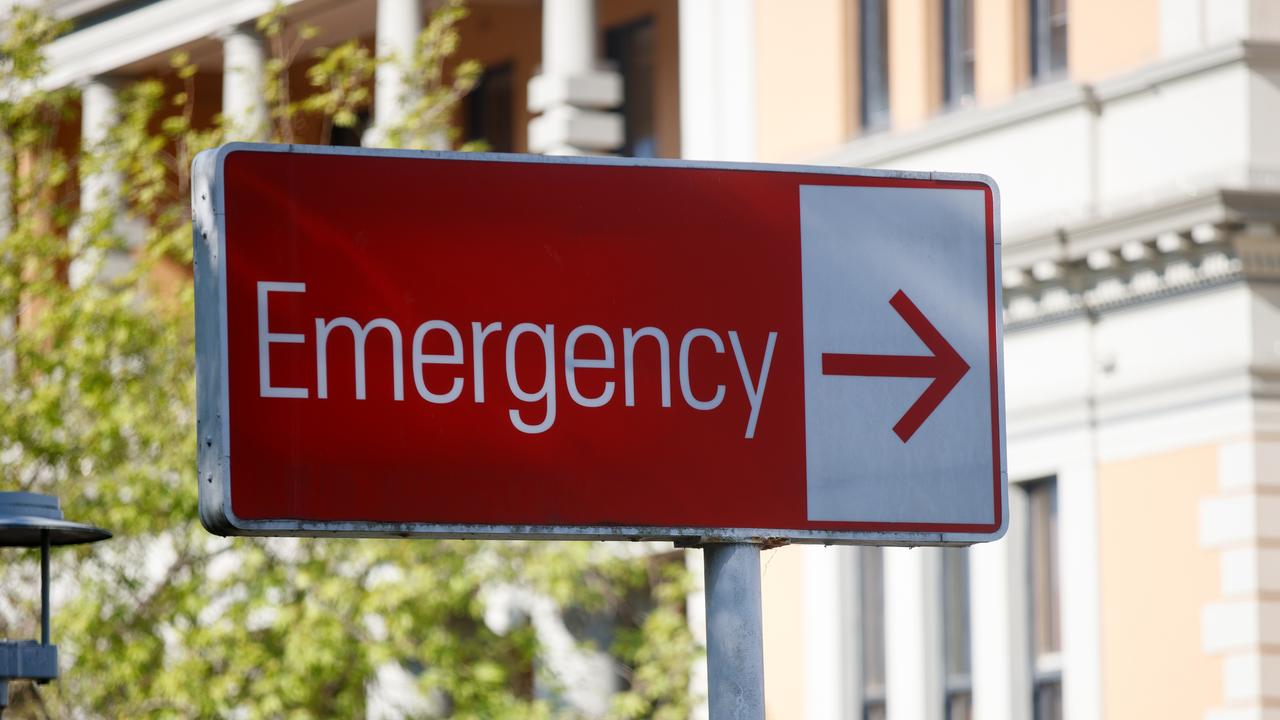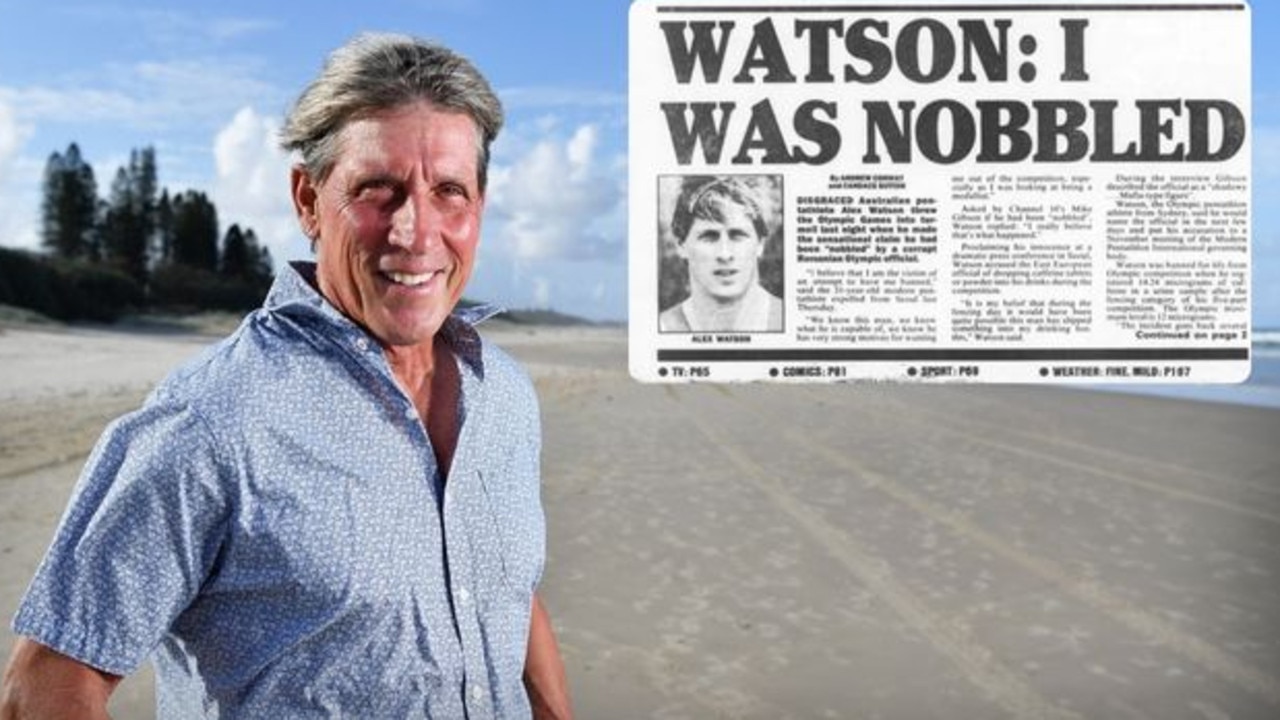Australian cancer patients spend $200m a year on treatments not on the PBS and it’s got to change
Australians are spending millions of their own money on therapies that aren’t on the PBS. How does this happen in a rich country like Australia?
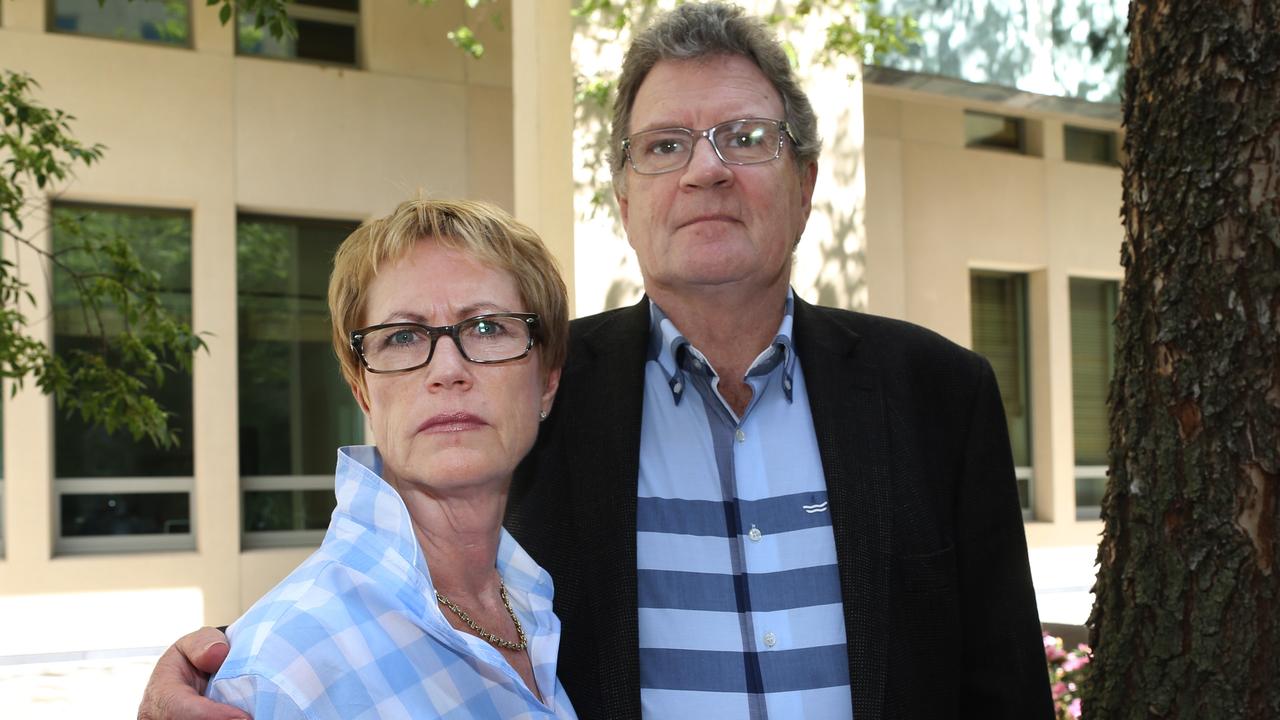
National
Don't miss out on the headlines from National. Followed categories will be added to My News.
Opinion: Did you know, there’s a crisis in our healthcare system? Of course you did. We see headlines daily focused on the crisis in our hospitals, in rural and regional health, in extended surgery wait times and of course, in the chronic shortages of GPs.
We can all see and understand what it’s like to wait two weeks to see a GP, or to wait 12 months for hip surgery.
All of these, in the immortal words of the late (United States Secretary of Defense) Donald Rumsfeld, are “known knows”, but what about the “unknown unknowns”?
There is a critical aspect of the health system that faces its own crisis and impacts all Australians, but no one is talking about it.
When we visit a doctor they assess us and if necessary, prescribe a therapy, usually a medicine.
In most cases we accept and trust it as the appropriate solution and go on our way.
But have you ever considered that perhaps it’s the appropriate solution because it’s the
one that is available?
When it comes to your health or that of your loved ones, are you willing to settle for the medicine available over the best possible treatment?
That is where the Pharmaceutical Benefits Scheme (PBS) comes in. It is the vehicle in which all Australians access government-funded medicines.
We expect that the PBS will pay for the treatments we need. It never occurs to us to ask if there is anything better.
In a sense, the PBS is our doctor’s toolkit. They look to it for your best available option – but what about your best possible option?
For those living with life-threatening conditions, like rare and complex cancer patients, getting the best treatment rather than the one available can be the difference between extending or losing a life.
So, what is happening right now?
In a nutshell, it is taking way too long for therapies that are approved in the US and Europe to make it onto the PBS and into the hands of Australians.
For every 10 therapies approved in the US only four make it onto the PBS – and even then, it takes at least two years for them to get here.
This happens for several, complex reasons, but at the end of the day it really boils down to money.
In other words, how much is Australia prepared to pay based on the evidence and type of benefit from the therapy we demand to see in excess of that required by the US authorities?
Twenty years ago when the PBS was last updated, cancer was much simpler and the number of available treatments was much, much smaller.
Now, as the science of genomics develops, we are identifying more and more rare cancers and importantly rare subtypes of common cancers.
For Australians to access new medicines not listed on the PBS, each of these cancer types requires a separate application to the PBS for funding.
At Rare Cancers Australia, we work with patients living with 250 distinct rare cancer types and each year, approximately 52,000 Australians receive a new rare cancer diagnosis.
That is far too many mothers, fathers, sisters, brothers, daughters and sons sitting in doctor’s offices, being given the best available option – and for these ‘rare’ patients, this is
often nothing.
In fairness it is complicated – the pharmaceutical industry spends hundreds of billions each year developing new and better therapies (of the top 50 companies ranked by R & D spend, 15 are pharmaceutical companies). They are all global corporations and their primary target markets are the US and Europe.
That said, our Federal Government and these companies have a responsibility to
us, as citizens, taxpayers and ultimately patients, to do much better than four out of 10 therapies — and two years too late.
In 2019, our research told us that Australian cancer patients were spending in excess of $200 million each year of their own money (cumulatively) on therapies that had not yet made it onto the PBS. How does this happen in a rich country like Australia?
The evaluation process that all therapies face is a process called a Health Technology Assessment (HTA), a complex and arduous process that attempts to statistically estimate the level of improvement of a new therapy over an existing one.
In its current form in Australia it is timeconsuming, cumbersome and carried out between government and the pharmaceutical industry in an environment of dwindling trust and diminishing goodwill.
While both parties pore over spreadsheets of aggregated data, individual Australians are being denied access, denied a chance at life. We have to do better.
There is an opportunity. This year, the Federal Government and the pharmaceutical industry have agreed to review the process.
Did you know about this? Not many Australians do.
We must all insist to government that this HTA Review is conducted in public, that it explicitly aims to bring more new treatments to Australia faster, and that as a society, we deserve to have a say in how we value our therapies, our medicines, our lives.
We can’t afford to fall further behind, nor deny any of us the chance to live longer healthier lives.
Yes, we need more doctors and better hospitals, but we mustn’t forget to make sure they are
equipped with best possible toolkit to care for all of us. That’s also a “known known”.
Richard Vines is the chief executive of Rare Cancers Australia
Originally published as Australian cancer patients spend $200m a year on treatments not on the PBS and it’s got to change


